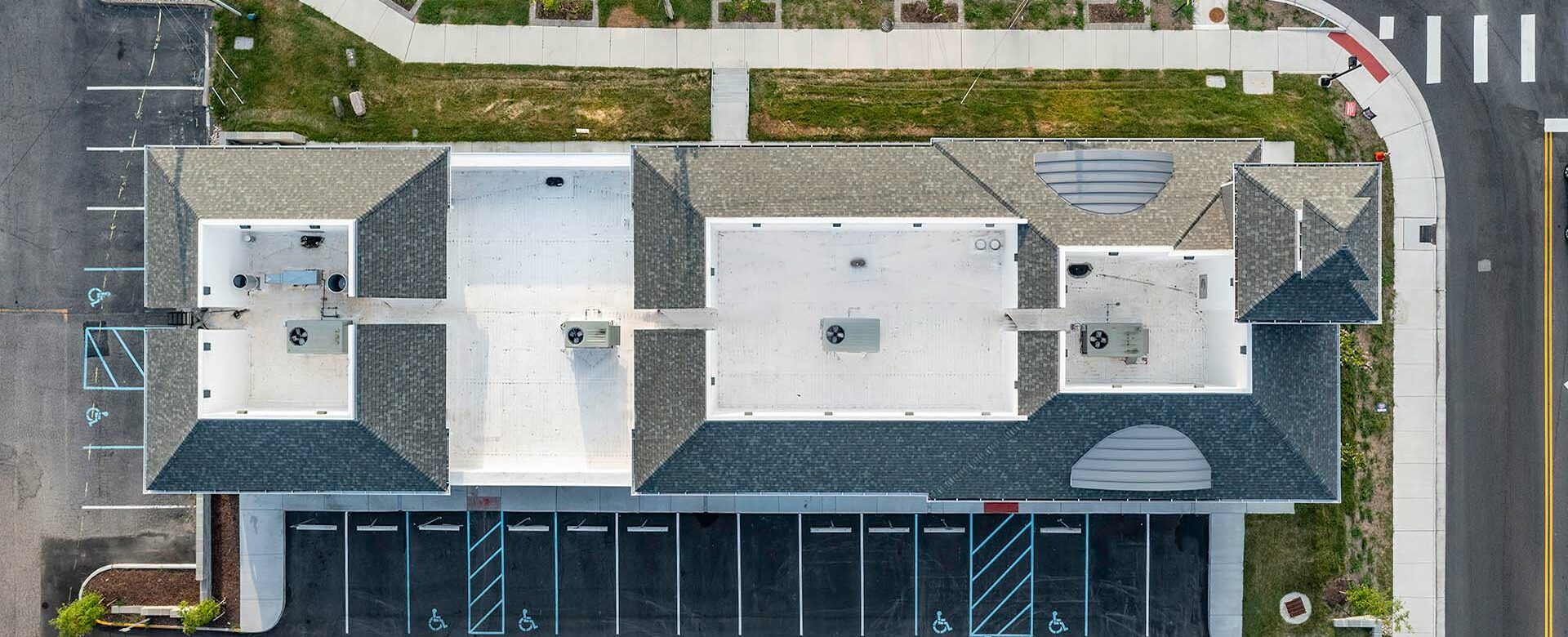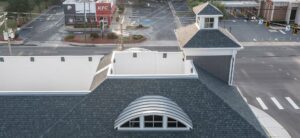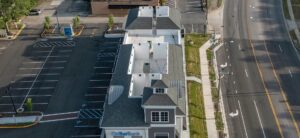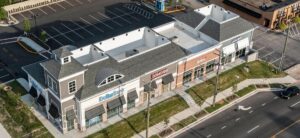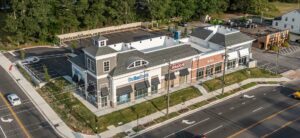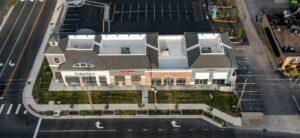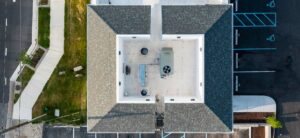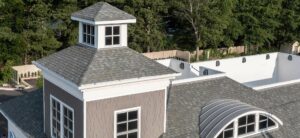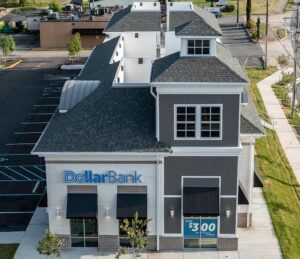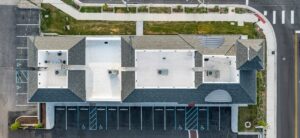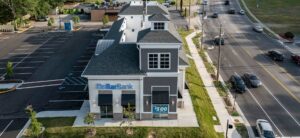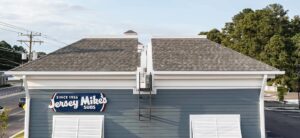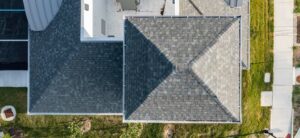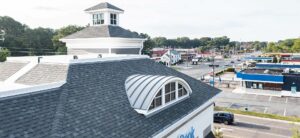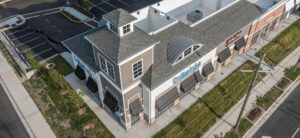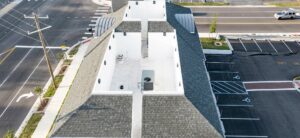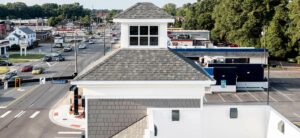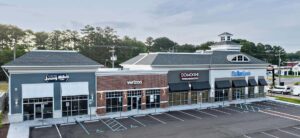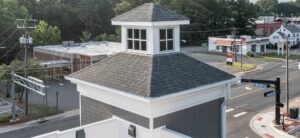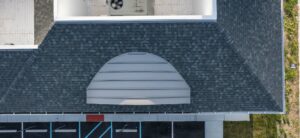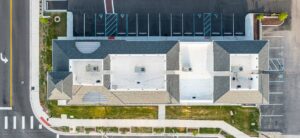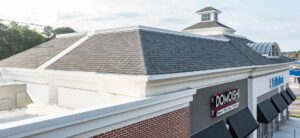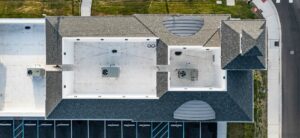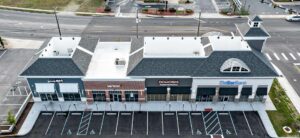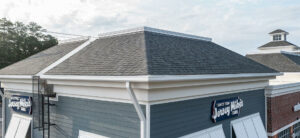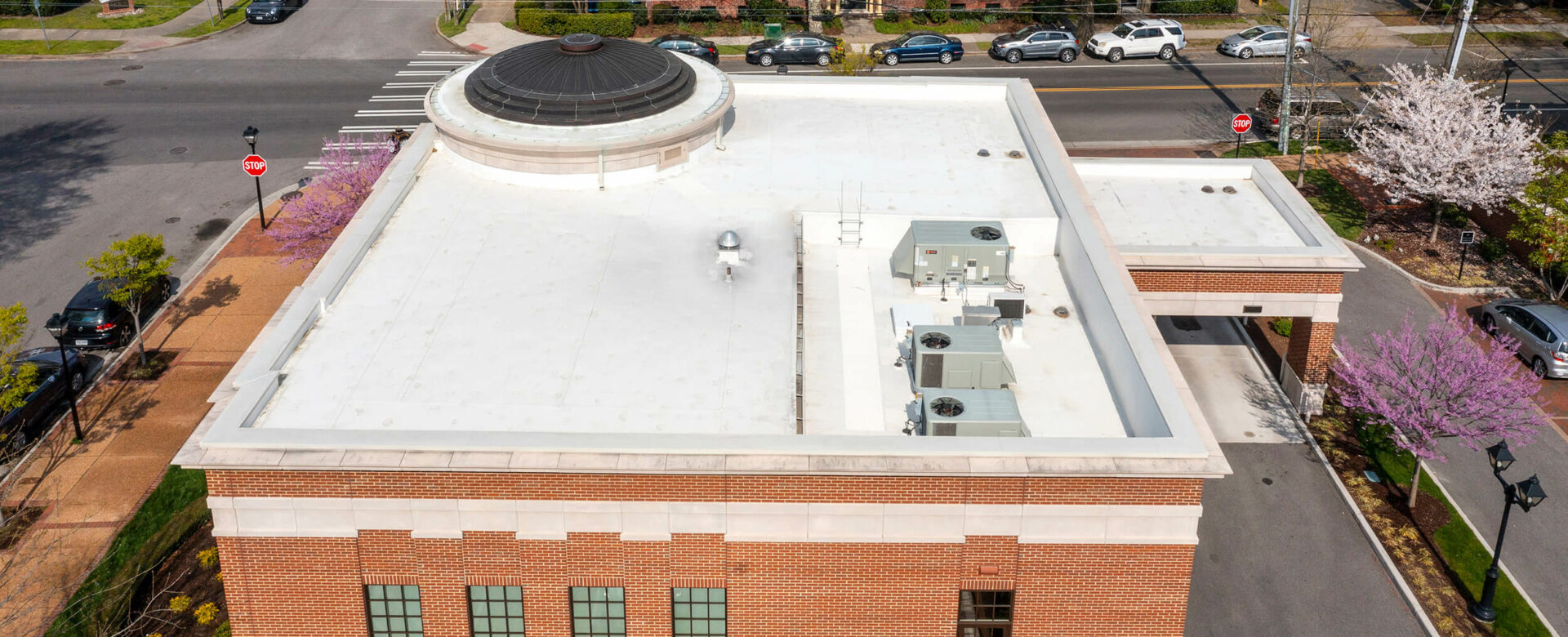Andrews Roofing has been serving business owners in the Hampton Roads community for decades, and as a small, local business ourselves, we understand the unique needs of our commercial clients. Whether you’re managing a retail center, an office building, or an industrial facility, having a reliable, durable, and energy-efficient roof is critical to the long-term success of your business. To that end, one of the manufacturers we are proud to offer our commercial clients is Carlisle SynTec Roofing Systems, which is one of the leading names in commercial roofing solutions. Here are a few reasons why we find it works so well for so many other local businesses.
Durability and Longevity
Carlisle SynTec systems are known for their unmatched durability. Whether you opt for their EPDM, TPO, or PVC membranes, each material is designed to withstand the toughest weather conditions. Here in Tidewater, our commercial clients face everything from heavy rain, extreme temperatures, salt air, hail, and strong winds, but these roofing systems can take it all. Their resistance to UV degradation and punctures means fewer repairs and maintenance costs over the roof’s lifetime, giving you peace of mind and long-term savings.
Energy Efficiency = Cost Savings
One of the standout benefits of Carlisle SynTec’s TPO and PVC roofing systems is their energy efficiency. These membranes are highly reflective, reducing heat absorption into your building. In the hot southeastern Virginia summer, this can dramatically cut down on cooling costs. For businesses operating large facilities or warehouses, the reduction in energy consumption can be significant, which makes it friendly for your bottom line and the environment. In fact, many of the Carlisle roofing membranes qualify for LEED credits. Whether it’s recycled content or energy-efficient design, the roofing systems contribute to a greener footprint, appealing to environmentally-conscious businesses and customers alike.
Industry-Leading Warranties
We know that when our commercial clients invest in a new roof, they want the reassurance that it’s built to last. Carlisle SynTec provides industry-leading warranties, ranging from 10 to 30 years depending on the system. Their warranties cover materials, installation, and more, ensuring you’re fully protected. As your trusted local roofing partner, we handle all warranty-related questions and maintenance needs, making sure you’re always covered.
Customizable Solutions for All Types of Commercial Buildings
No two commercial buildings are exactly alike, and Carlisle SynTec Systems accommodate for that. Whether your business operates in a multi-story office building, a retail space, or a manufacturing facility, we can customize a roofing solution that perfectly fits your needs. Their extensive range of systems—including their single-ply membranes, metal roofing systems, and insulation options—allows us to tailor a solution that fits your structure and budget.
We also know that it’s important to minimize the disruptions a roofing installation may have on your day-to-day business. Thanks to Carlisle SynTec’s versatile installation systems, we can install your new roof quickly and efficiently thanks to their prefabrication options and simple installation methods.
Supporting Local Businesses
We all understand the importance of supporting locally owned and operated businesses. When you choose us for your roofing needs, you’re getting the personalized service of a local expert, but with the backing of a globally recognized brand. We bring the craftsmanship and commitment to every project, while manufacturers like Carlisle provide cutting-edge technology, premium materials and exceptional warranties.
So, if you’re looking for a long-lasting, energy-efficient and sustainable roofing solution for your commercial building, we’d be happy to talk to you about how Carlisle SynTec or a range of other commercial products we work with can meet your needs. Contact us today to schedule a consultation with our commercial roofing specialist.
An example of of Carlisle SynTec Systems
